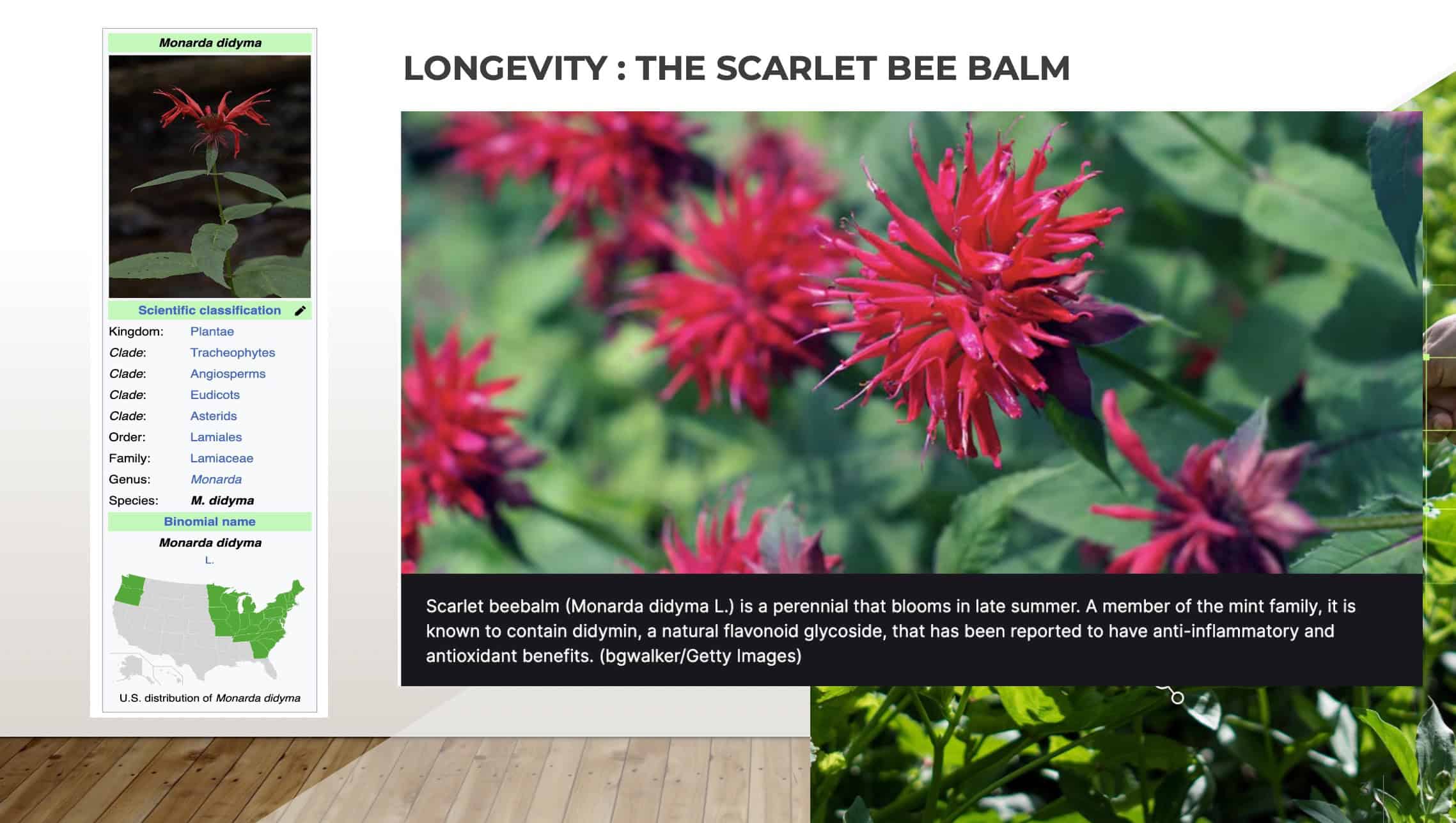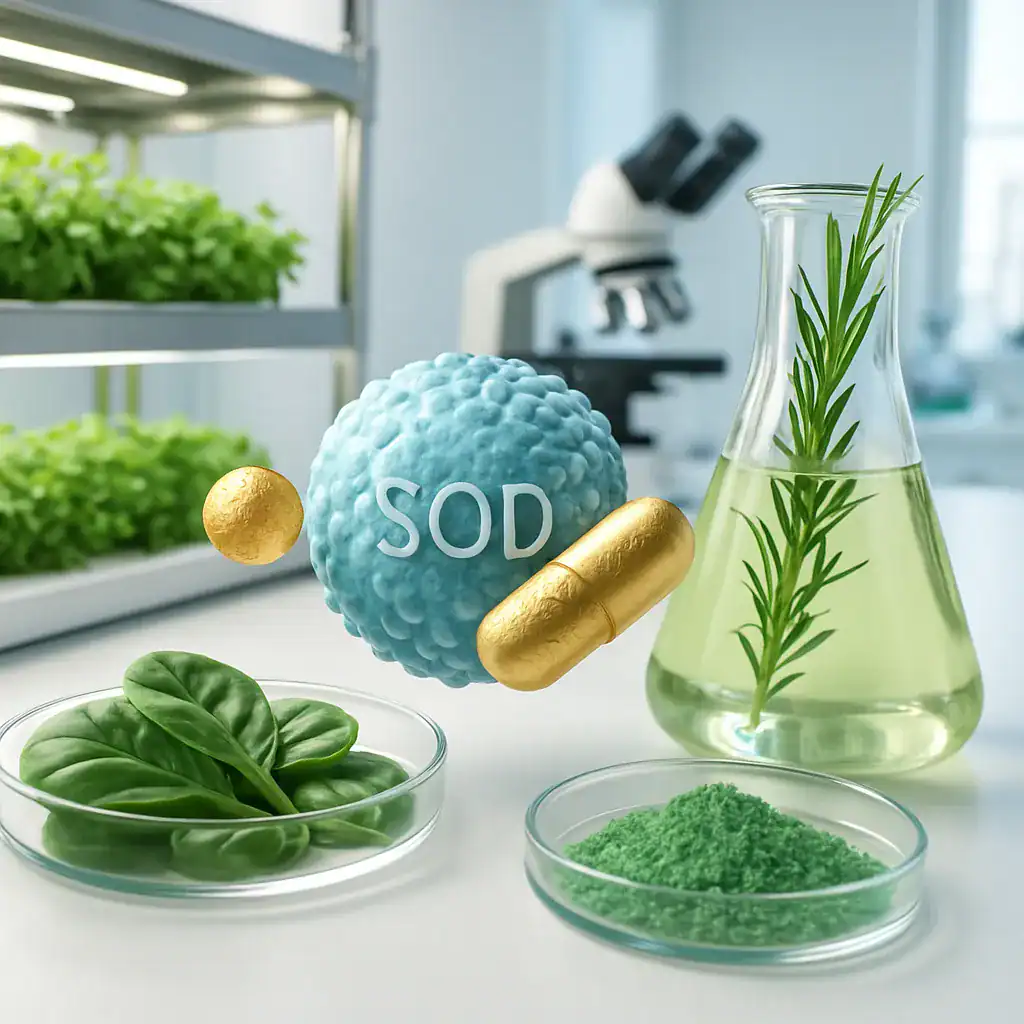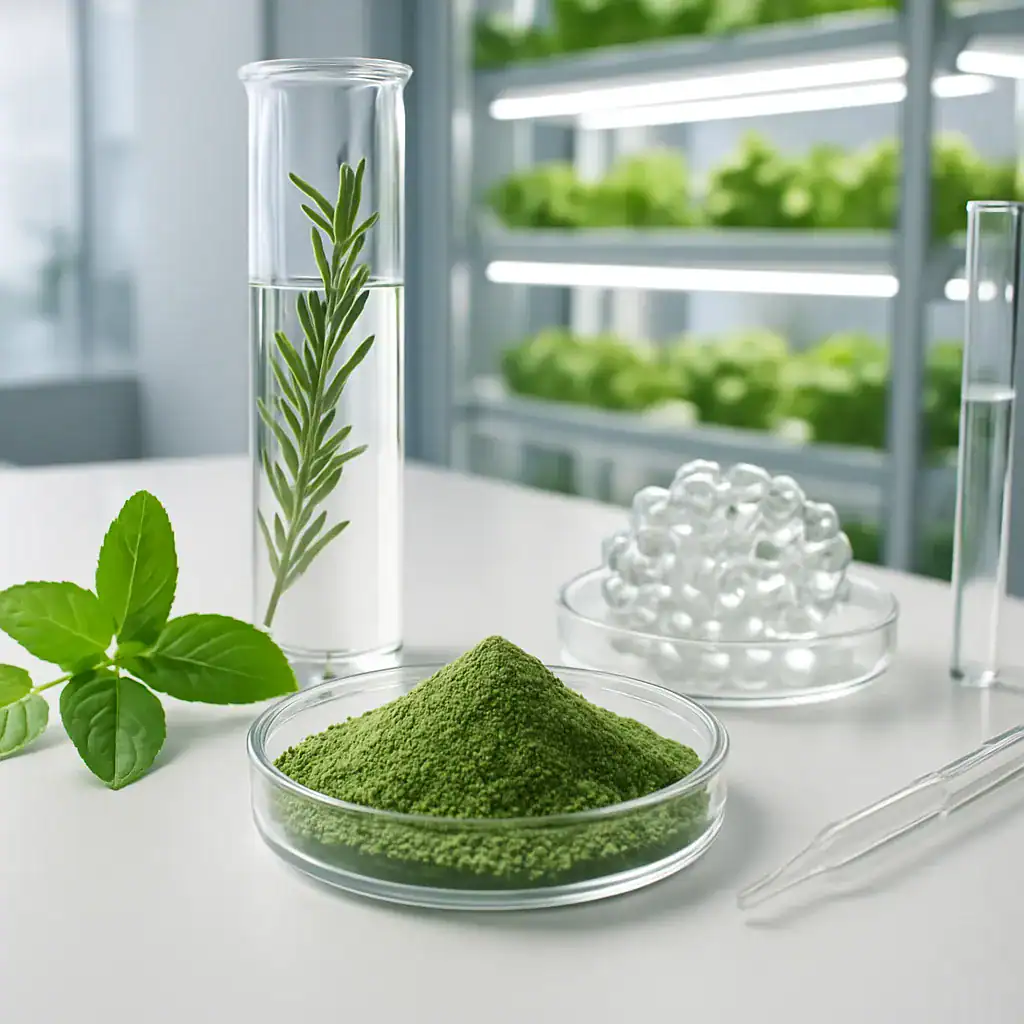Sustainable Herbal Extracts: How Vertical Farming Reduces Environmental Impact
Understanding the Importance of Herbal Product Certifications
When you purchase herbal supplements or nutraceuticals, you’re likely seeking natural alternatives to support your health. But have you ever considered how you can truly know what’s in these products? That’s where herbal product certifications come into play. These certifications serve as a crucial quality assurance mechanism in an industry where standards can vary dramatically.
Certifications for herbal products are essentially third-party verifications that confirm a product meets specific standards for quality, purity, and manufacturing processes. They’re particularly important because, unlike pharmaceutical drugs, herbal supplements aren’t subject to the same rigorous pre-market approval processes in many countries. This regulatory gap makes certifications even more valuable for consumers and healthcare practitioners.
For nutritionists and dietitians, understanding these certifications is essential when recommending supplements to clients. You’ve likely encountered patients who bring in various herbal products, asking if they’re safe or effective. Without proper certifications, it can be challenging to provide confident guidance. But what makes a certification trustworthy? That’s clear—it must involve independent testing, regular facility inspections, and adherence to good manufacturing practices (GMPs).
PhNóva, as a leading supplier of natural raw materials for supplements, recognizes that these certifications are not just bureaucratic hurdles but fundamental assurances of product integrity that ultimately protect consumer health and build lasting trust.
Types of Herbal Product Certifications and Their Significance
Quality Assurance Certifications
Quality assurance certifications focus on the manufacturing processes and overall product integrity. When you’re examining herbal products for your clients, these certifications tell you that the product has been produced under controlled conditions that meet industry standards.
Good Manufacturing Practice (GMP) certification is perhaps the most recognized in this category. It ensures that products are consistently produced according to quality standards. But have you ever considered that GMP standards can vary by region? In the United States, the FDA oversees GMP compliance for dietary supplements, while in Europe, the European Medicines Agency (EMA) has its own GMP guidelines for herbal medicinal products.
ISO certifications (particularly ISO 9001) also play a significant role in quality management systems. For companies like PhNóva that work with advanced bioactive compounds, these certifications verify that consistent quality control procedures are in place throughout the supply chain.
Purity and Composition Certifications
These certifications specifically address what’s in the product—and perhaps more importantly, what isn’t.
USP (United States Pharmacopeia) verification is one of the most rigorous standards, confirming that supplements contain the ingredients listed on the label in the declared potency and amounts. They also verify that harmful levels of contaminants are not present.
For products containing superoxide dismutase (SOD) and other sophisticated enzymes that PhNóva specializes in, precise composition verification is critical because even small variations can affect bioavailability and efficacy.
Sustainability and Ethical Certifications
Beyond quality and purity, many consumers now seek products that align with environmental and ethical values.
For PhNóva’s Vertical Farming Botanics, certifications like USDA Organic or EU Organic are particularly relevant. These certifications confirm that herbs are grown without synthetic pesticides, fertilizers, or GMOs. They’re especially meaningful for nutraceuticals, as organic growing practices can potentially impact the concentration of bioactive compounds.
Fair Trade certification addresses the ethical sourcing of ingredients, ensuring that farmers and workers receive fair compensation and work under safe conditions. This becomes increasingly important as the global demand for exotic herbs continues to rise.
How to Verify Herbal Product Certifications
Authentication Methods
When advising clients about herbal supplements, you need to know how to verify certification claims. Most legitimate certifications can be confirmed through the certifying body’s website. For example, NSF International maintains a public database of certified products that anyone can search.
QR codes are increasingly being used on packaging to provide immediate verification of certifications. With a simple smartphone scan, you can access detailed information about testing results and certification status. That’s a level of transparency that wasn’t possible even a decade ago.
But what about products that make certification claims without providing verification methods? That’s where caution is warranted. Without verifiable certification, claims about purity or potency should be viewed skeptically.
Interpreting Certification Symbols and Labels
The certification landscape can be confusing with its array of logos and symbols. Understanding what each symbol represents helps you guide your clients more effectively.
For PhNóva’s exosome-based products, which represent cutting-edge nutraceutical technology, specialized certifications may address the novel delivery systems. These might include patents or proprietary verification methods specific to nanodelivery technologies.
When examining labels, look beyond just the presence of certification symbols. Check for batch numbers, expiration dates, and manufacturing information, which complement certifications by providing traceability. Remember that legitimate certifications will specify exactly what aspects of the product are certified—whether it’s the manufacturing process, ingredient authenticity, or both.
Helping your clients understand the significance of these certifications empowers them to make informed choices about the herbal supplements they use, ultimately supporting better health outcomes and ensuring they receive the benefits they’re seeking from these natural products.
Our Key Areas of Expertise

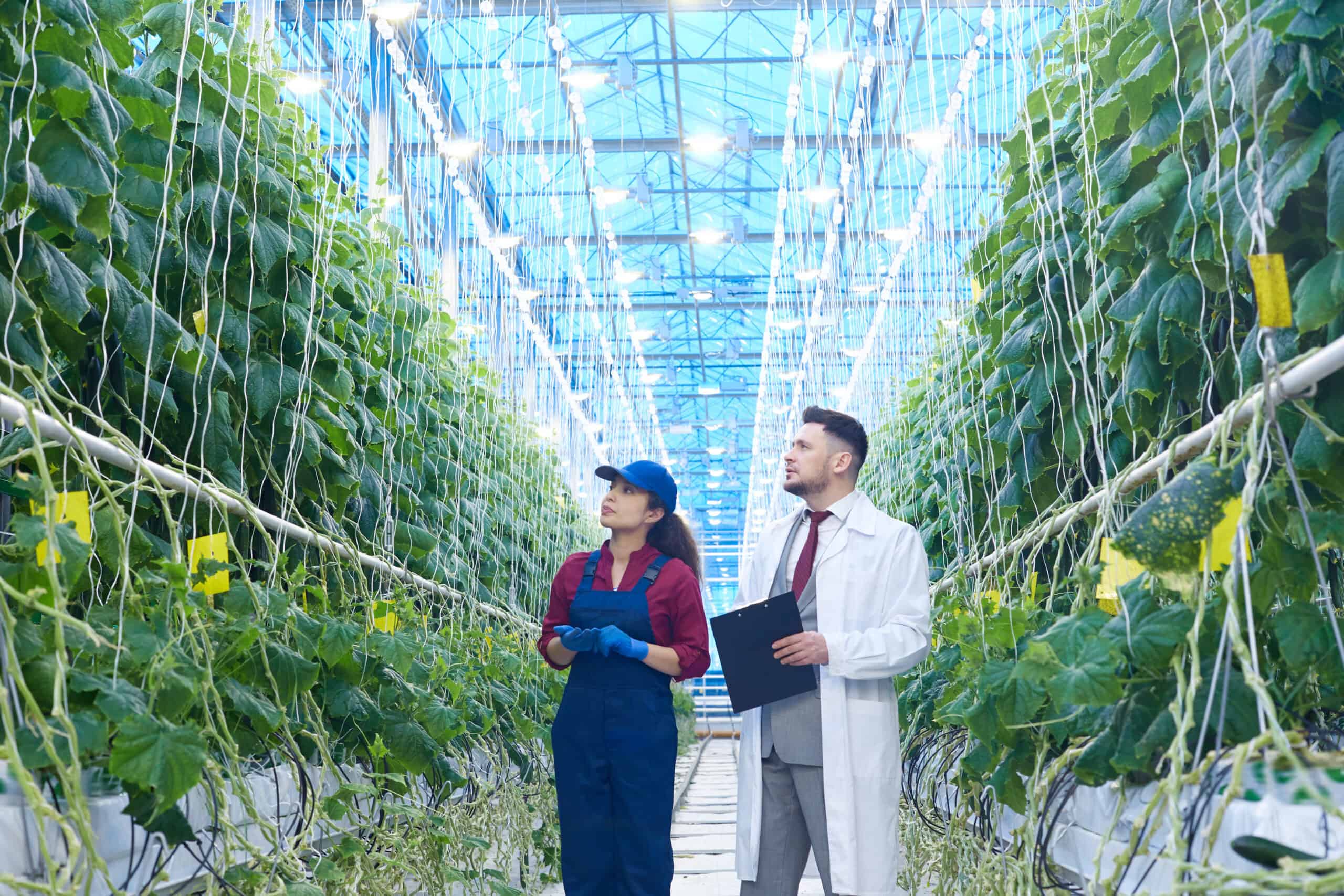

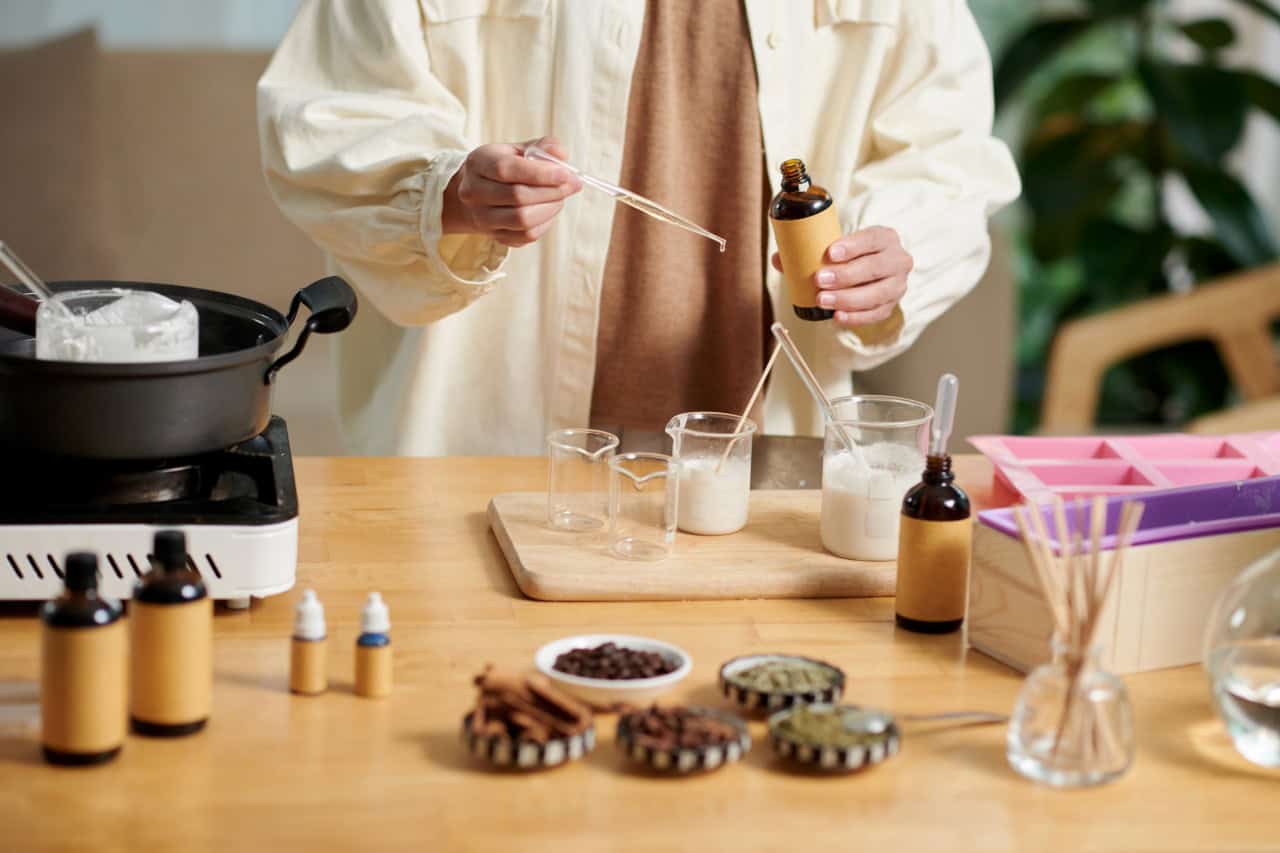
How Herbal Product Certifications Impact the Entire Production Chain
The Seed-to-Shelf Quality Control System
When you purchase a certified herbal supplement, you’re actually benefiting from an extensive quality assurance system that spans the entire production journey. This journey begins long before the product reaches store shelves. For companies like PhNóva that specialize in advanced bioactive compounds, certifications aren’t isolated checkpoints but interconnected elements that shape every aspect of production.
The certification process typically begins with raw material sourcing. Plants cultivated for nutraceutical use must be grown in environments free from contaminants that could compromise their medicinal properties. This is particularly crucial for PhNóva’s Vertical Farming Botanics, where controlled growing conditions must meet stringent certification requirements to ensure the potency of bioactive compounds.
Consider how a single certification requirement ripples through the production chain:
- Soil testing for heavy metals affects where herbs can be grown
- Documentation of planting and harvesting dates impacts scheduling of production runs
- Identity verification protocols determine which analytical equipment must be available
- Stability testing influences packaging materials selection
- Allergen controls shape facility design and personnel training
Each of these elements must integrate seamlessly for a product to maintain its certified status, creating an interconnected web of quality assurance measures.
Intersection of Herbal Certifications with Pharmaceutical Standards
The relationship between herbal product certifications and pharmaceutical regulations represents a fascinating regulatory convergence. As nutraceuticals like PhNóva’s Superoxide Dismutase (SOD) products increasingly demonstrate significant bioactivity, the certification standards have begun to incorporate elements from pharmaceutical Good Manufacturing Practices.
This convergence is most evident in:
| Pharmaceutical Influence | Impact on Herbal Product Certifications |
|---|---|
| Batch testing protocols | More rigorous identity and potency verification |
| Stability studies | Extended shelf-life testing requirements |
| Bioavailability research | Enhanced delivery system documentation |
| Adverse event reporting | More comprehensive safety monitoring |
For products in PhNóva’s Exosomes Nutra line, which utilize advanced nanodelivery systems, this regulatory intersection becomes even more pronounced. The certification standards must address both the botanical source material and the sophisticated delivery mechanisms that enhance bioavailability.
Certification Impacts on Product Formulation and Innovation
The parameters established by certification programs directly influence how nutraceutical formulations are developed and refined. You might not realize it, but when a manufacturer commits to maintaining certain certifications, they’re simultaneously establishing boundaries for their innovation processes.
For example, an organic certification may limit the types of extraction solvents that can be used to isolate bioactive compounds. While this ensures product purity, it may require developers to find alternative extraction methods that preserve certification status without compromising efficacy.
Similarly, for PhNóva’s Aroma Neutra & Food products, which focus on masking agents for bitter compounds, certification requirements shape the development approach:
- Permitted flavoring agents must align with certification standards
- Processing aids must meet certification-specific purity criteria
- Shelf-life enhancers must comply with “clean label” certification requirements
- Sensory evaluation protocols must follow certified methodologies
This intersection of certification and formulation leads to a fascinating innovation dynamic where limitations often drive creative solutions. Rather than viewing certification requirements as restrictions, forward-thinking companies like PhNóva use them as innovation catalysts, developing novel approaches that meet both regulatory standards and consumer expectations.
Environmental Sustainability and Social Responsibility Certification Connections
Beyond quality and safety, modern herbal product certifications increasingly incorporate sustainability metrics that assess environmental impact and social responsibility. These additional certification dimensions connect herbal product manufacturing to broader ecological and ethical considerations.
For PhNóva’s Vertical Farming Botanics, water conservation certifications demonstrate how manufacturing practices align with environmental stewardship. These certifications verify that production processes minimize water usage through recycling systems and efficient irrigation methods.
Carbon footprint certifications similarly connect herbal production to climate impact concerns. By documenting and reducing greenhouse gas emissions throughout the supply chain, these certifications help you identify products that align with environmental values.
The social dimension of certifications connects herbal production to fair labor practices and community development. When you select products with Fair Trade or similar certifications, you’re supporting a system that ensures:
- Harvesters and farmers receive fair compensation
- Working conditions meet safety and dignity standards
- Community development projects receive funding
- Indigenous knowledge is respected and appropriately compensated
These interconnections demonstrate how herbal product certifications extend far beyond simple quality control measures to become comprehensive frameworks that address the full spectrum of production impacts—from soil health to social welfare.
R&D Consultancy
Discover how PhNóva’s R&D Consultancy can help transform your idea into a market-ready solution — with expert support in formulation, regulatory compliance, and innovative delivery systems to give your product a competitive edge.
FAQ's about Sustainable Herbal Extracts: How Vertical Farming Reduces Environmental Impact
Get in Touch with PhNóva
Have questions or need expert guidance? Contact us today — our team is ready to assist you with tailored solutions for your formulations.

28/03/2025



